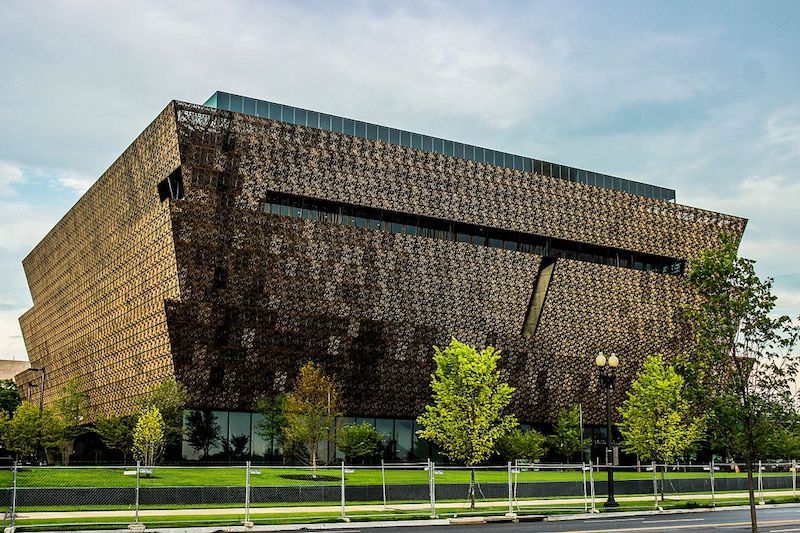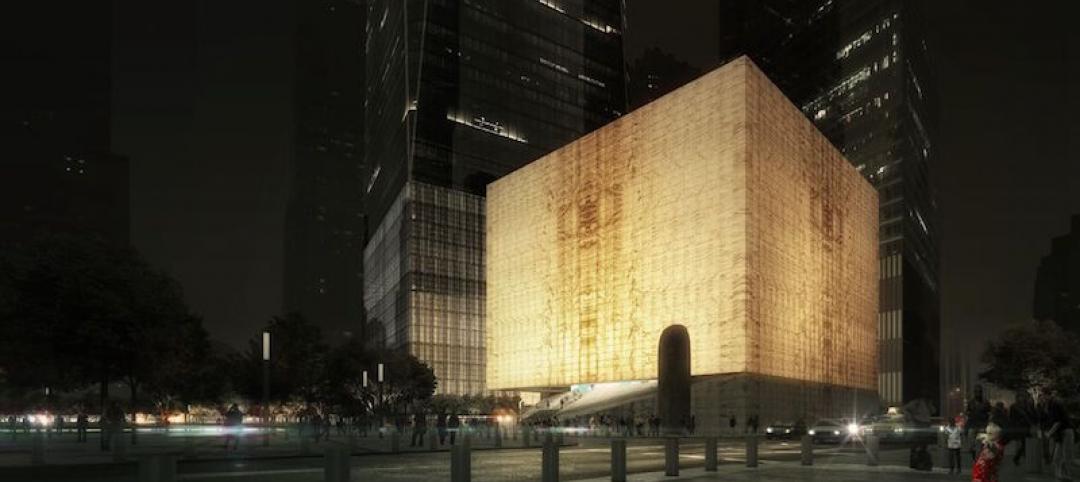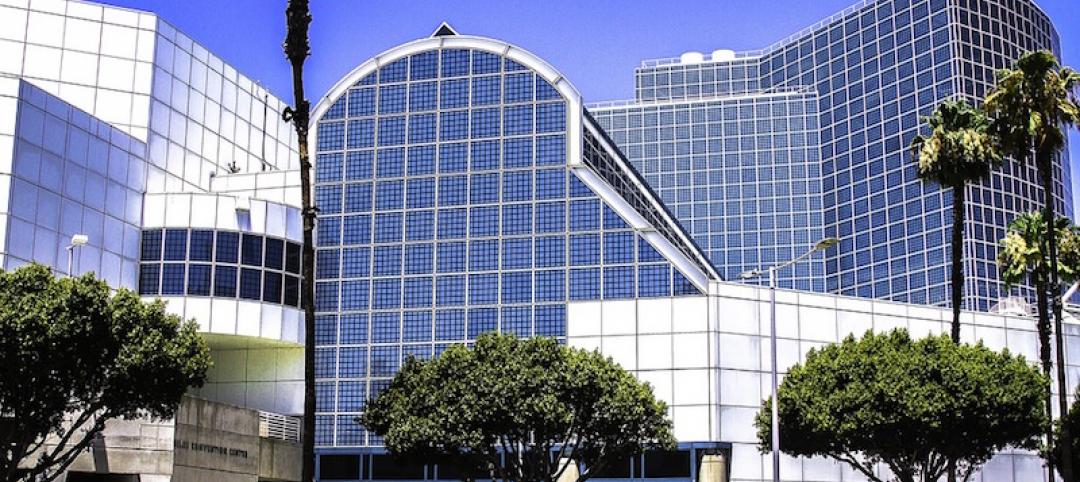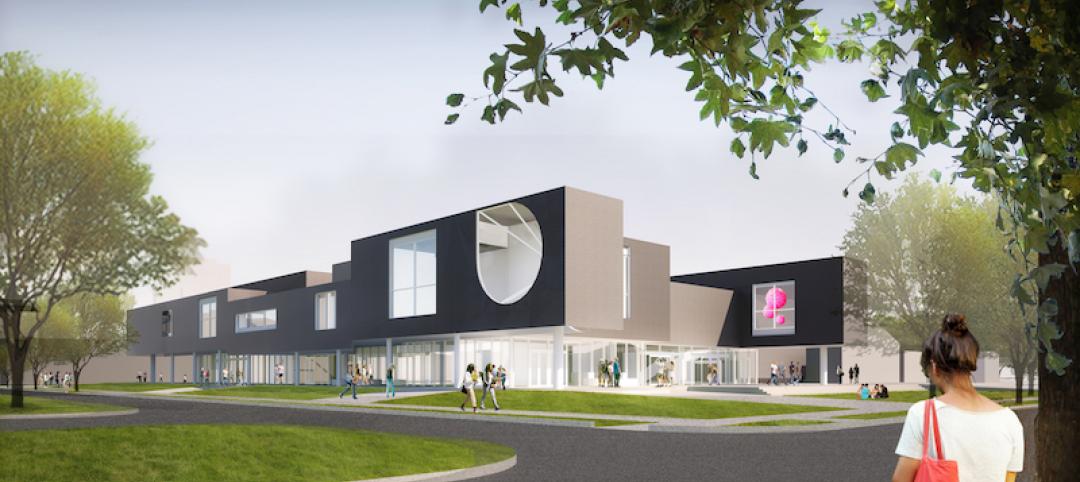A recent story in the Birmingham (Ala.) Business Journal reported that so many local nonprofit organizations are competing for private capital to fund their building projects that there might not be enough money to go around. Among those projects is a new $25 million, 4.1-acre headquarters campus for the Salvation Army. Phase 1 of that construction—which includes a renovation of a former elementary school—is being funded by a campaign that raised more than $15 million, including $1 million pledged by Jim Gorrie, CEO of Brasfield & Gorrie, the GC on this project.
Birmingham is among the metros reaping the benefits of a spurt in nonprofit building. A recent article posted on the website of The NonProfit Times singles out several major capital campaigns to finance new construction of museums, hospitals, theaters, and other venues, at a time when contributions from local, state, and federal governments, while still essential to many organizations’ building strategies, aren’t as certain or steady as they once might have been.
Leading this charge has been The Smithsonian, which in October 2014 launched its first-ever fundraising campaign, with a goal of raising $1.5 billion, the largest ever for any cultural institution. (About $1 billion had been pledged even before the campaign officially got rolling.)
A portion of the $540 million 400,000-sf National Museum of African-American History and Culture, which opened in September, was financed by private donations. Most of the Smithsonian’s exhibits and programs are privately funded. And about 40% of the institution’s salaries and maintenance are defrayed by donors, compared to 30% prior to its initiating the fundraising campaign.
The NonProfitTimes also points to the American Museum of Natural History in New York, which has offset a decline in income from investments by contributions that rose to $160 million in 2015, from $78 million the previous year, mostly from a handful of major donations.
This museum is currently adding to its Rose Center for Earth and Space with a $325 million, six-story, 218,000-sf Richard Gilder Center for Science, Education, and Innovation, scheduled for completion in 2019. The 84-year-old financier and philanthropist Richard Gilder contributed $50 million to this project, the largest single donation in the museum’s history.
New York City kicked in $15 million for this addition. The city is also playing a financing role in other cultural construction projects, such as the 57,500-sf “Ocean Wonders: Sharks!” exhibit in Coney Island. The city made a “major gift” to the Harlem Children’s Zone, which in 2015—the first year of its capital campaign—raised $193 million, versus $78 million in 2014.
The Task Force for Global Health, a nonprofit health organization in Decatur, Ga., is working with DeKalb County to acquire a six-story government building that would triple the square footage of this organization’s existing headquarters. The Task Force will soon launch a $15 million capital campaign to pay for the $12 million purchase and renovating the building.
Related Stories
Cultural Facilities | Sep 16, 2016
Competition to design Shanghai’s Pudong Art Museum is down to four firms
OPEN, SANAA Ateliers Jean Nouvel and David Chipperfield Architects are the final four firms competing for the opportunity to design the project.
Steel Buildings | Sep 15, 2016
New York’s Hudson Yards to feature 16-story staircase sculpture
The installation is designed by British architect Thomas Heatherwick and will be the centerpiece of the $200 million plaza project
Cultural Facilities | Sep 13, 2016
REX reveals The Perelman Center, the final structure for the World Trade Center campus
The cube-shaped building is clad in translucent book-matched marble.
Designers | Sep 13, 2016
5 trends propelling a new era of food halls
Food halls have not only become an economical solution for restauranteurs and chefs experiencing skyrocketing retail prices and rents in large cities, but they also tap into our increased interest in gourmet locally sourced food, writes Gensler's Toshi Kasai.
| Sep 1, 2016
CULTURAL SECTOR GIANTS: A ranking of the nation's top cultural sector design and construction firms
Gensler, Perkins+Will, PCL Construction Enterprises, Turner Construction Co., AECOM, and WSP | Parsons Brinckerhoff top Building Design+Construction’s annual ranking of the nation’s largest cultural sector AEC firms, as reported in the 2016 Giants 300 Report.
Events Facilities | Aug 31, 2016
New York State Pavilion re-imagined as modern greenhouse
The design proposal won a competition organized by the National Trust for Historic Preservation and People for the Pavilion group to find new uses for the abandoned structure.
Performing Arts Centers | Aug 31, 2016
Sydney Opera House scheduled for $200 million upgrade
Acoustical improvements will be made alongside upgrades in accessibility, efficiency, and flexibility.
| Aug 30, 2016
CONVENTION CENTER GIANTS: A ranking of the nation's top convention center sector design and construction firms
Gensler, LMN Architects, AECOM, Turner Construction Co., and WSP | Parsons Brinckerhoff top Building Design+Construction’s annual ranking of the nation’s largest convention center sector AEC firms, as reported in the 2016 Giants 300 Report.
Cultural Facilities | Aug 27, 2016
Yellowstone Park Foundation receives $1 million donation from Toyota
The money will support new eco-friendly and efficient buildings on the park’s Youth Campus.
University Buildings | Aug 16, 2016
New images of Rice University’s Moody Center for the Arts revealed by Michael Maltzan Architecture
The arts center will foster creativity for making and presenting works across all disciplines

















